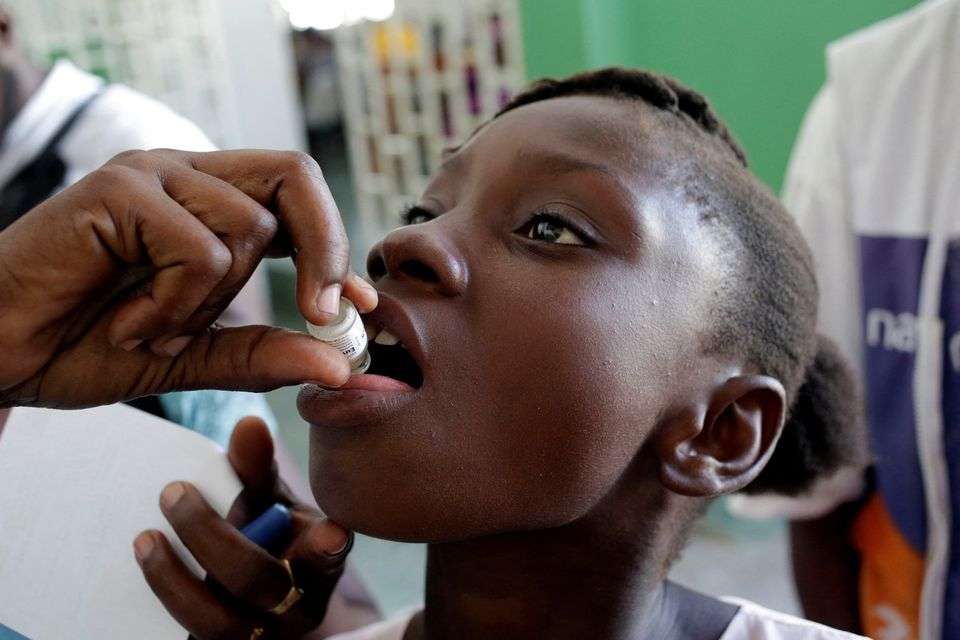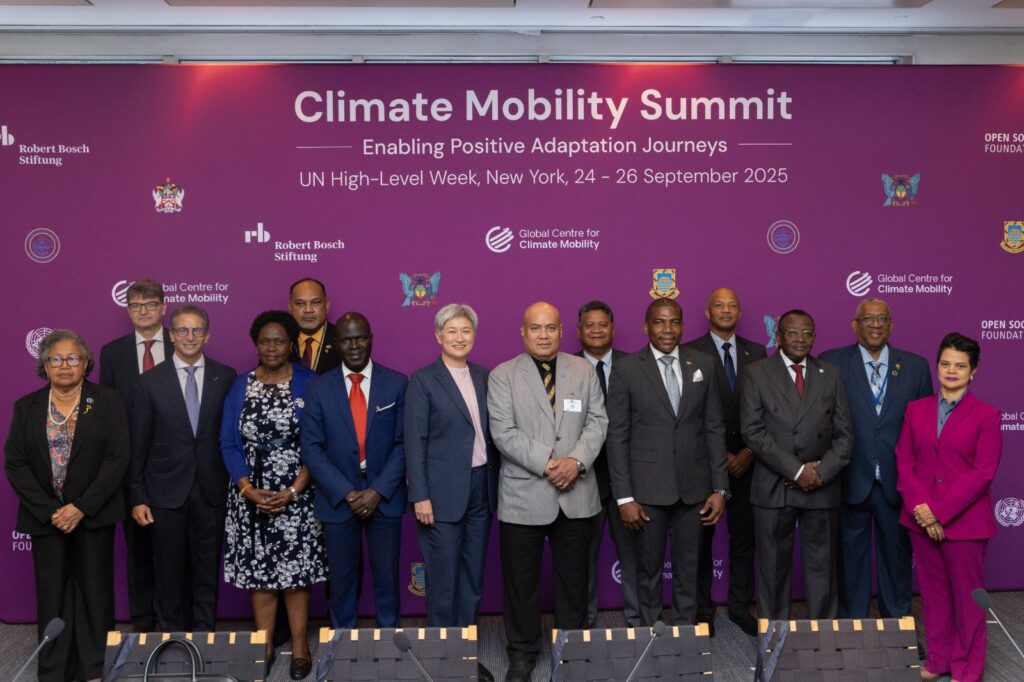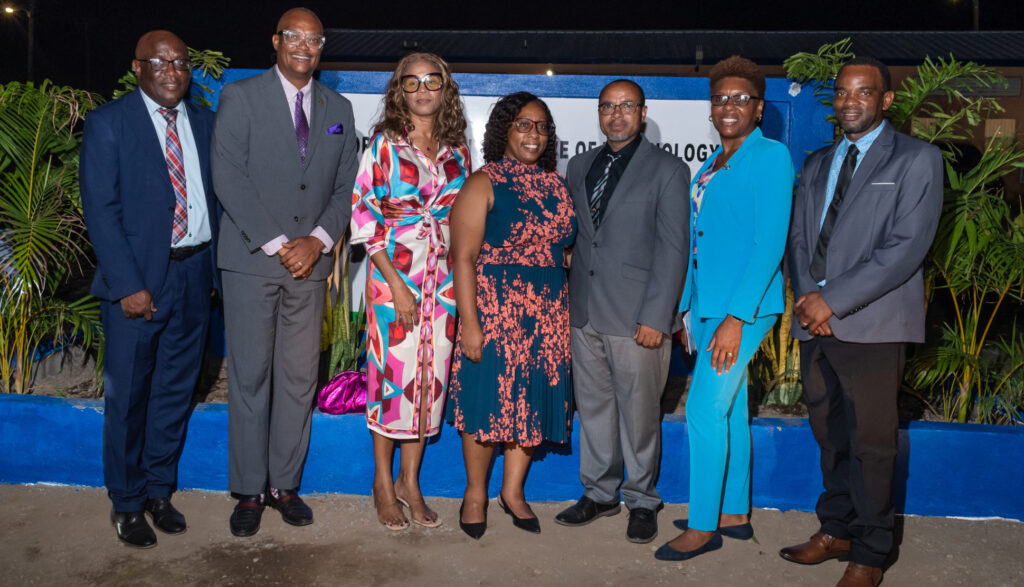PAHO Director Warns of Elevated Risk of Vaccine-Preventable Disease Outbreaks.
The Pan American Health Organization (PAHO) is facing a critical challenge in the Americas: a 30-year high risk of disease outbreaks due to declining vaccination rates. Historically a global leader in disease control and elimination, having eradicated polio in 1994, the region has witnessed a concerning backslide over the past decade. This decline is attributed to a convergence of factors, including inadequate and unsustainable funding for immunization programs and the rise of vaccine hesitancy fueled by misinformation. The COVID-19 pandemic further exacerbated these pre-existing challenges, disrupting healthcare systems and diverting resources, leading to significant drops in routine vaccination coverage. This alarming trend places the Americas second only to one other region globally in terms of the lowest vaccination rates, a stark reversal from its former position of high coverage just over a decade ago. The consequence is millions of children vulnerable to preventable diseases, threatening the substantial progress made in public health over the past several decades.
The gravity of the situation is underscored by the fact that in 2021, over 2.7 million children under the age of one did not receive the full complement of vaccines against diphtheria, tetanus, and pertussis (whooping cough). This vulnerability not only impacts individual children but also jeopardizes herd immunity, increasing the risk of outbreaks and the re-emergence of diseases previously under control. Brazil and Mexico are particularly concerning, accounting for over half of the unvaccinated children in the region. This highlights the need for targeted interventions and increased investment in these countries to strengthen their immunization programs and address the underlying causes of low vaccination rates. Unless urgent action is taken to reverse this trend, the region faces the potential resurgence of devastating diseases like polio, measles, and diphtheria, with potentially dire consequences for public health.
In response to this crisis, PAHO is intensifying efforts to bolster vaccination coverage. A key initiative is Vaccination Week in the Americas, an annual campaign designed to complement national immunization programs. The program, now in its 20th year, has a proven track record, having reached over a billion people with life-saving vaccines since its inception. This year’s campaign, themed “Get up to date #EachVaccineCounts,” aims to reach more than 92 million people across the region. This intensive effort will focus on administering a range of essential vaccines, emphasizing the importance of staying up-to-date with recommended immunizations for all ages. The campaign serves as a critical opportunity to not only deliver vaccines but also to raise awareness about the importance of vaccination, combat misinformation, and rebuild public trust in immunization programs.
PAHO’s commitment extends beyond Vaccination Week, encompassing a multifaceted approach to strengthening national immunization programs. This includes collaboration with regional governments, technical partners, and donors to modernize immunization infrastructure, improve cold chain management, and implement innovative strategies to address the challenges posed by the pandemic. Critical to this effort is securing sustainable financing for immunization programs, ensuring long-term stability and the capacity to reach vulnerable populations. Addressing vaccine hesitancy is equally important, requiring targeted communication campaigns to dispel misinformation and build confidence in the safety and efficacy of vaccines. By working collaboratively with diverse stakeholders, PAHO aims to create a more resilient and effective immunization ecosystem across the Americas.
Furthermore, PAHO is actively supporting regional vaccine production capacity through its Regional Platform to Advance the Manufacturing of COVID-19 Vaccines and other Health Technologies in the Americas. This initiative aims to reduce reliance on external vaccine supplies and strengthen regional self-sufficiency in vaccine production. Collaborations with institutions like Sinergium Biotech in Argentina and the Bio-Manguinhos Institute (FIOCRUZ) in Brazil are paving the way for the regional development and production of mRNA-based vaccines, a crucial step towards ensuring equitable access to life-saving vaccines. This focus on strengthening regional vaccine production is essential not only for responding to current outbreaks but also for building long-term resilience against future pandemic threats.
Ultimately, the success of these efforts hinges on collective action. While national immunization programs serve as the first line of defense against outbreaks, individuals also play a crucial role. PAHO emphasizes the importance of individual responsibility in protecting oneself and loved ones by staying up-to-date with vaccinations. Vaccination Week in the Americas provides a vital opportunity for individuals to take action, get vaccinated, and contribute to the collective effort to rebuild vaccination coverage and safeguard public health in the Americas. This collective responsibility, coupled with robust public health interventions, is crucial to reversing the current trend and securing a healthier future for the region.
Share this content:












Post Comment